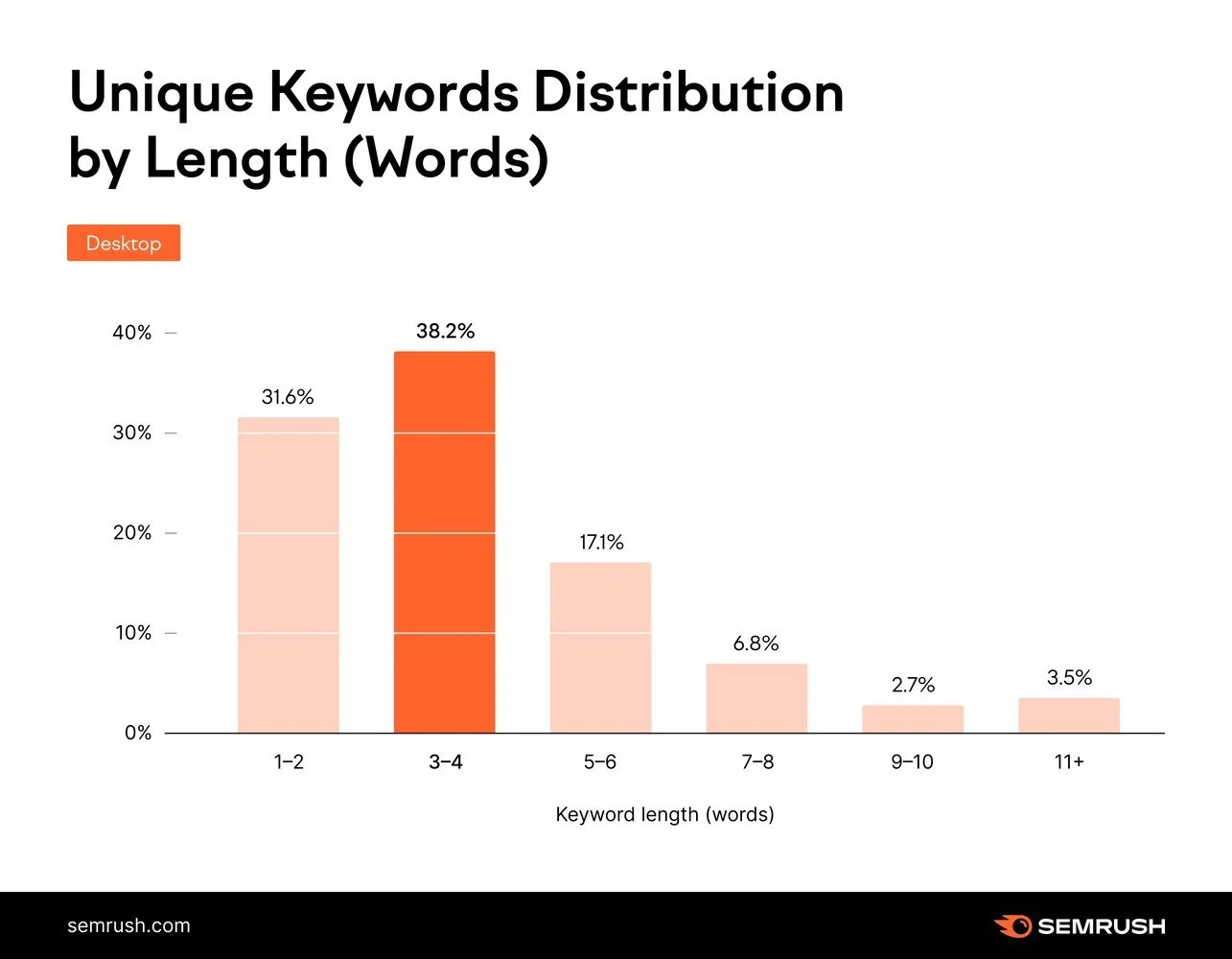The Case for Clicks: Can Chat GPT Shift User Search Patterns to Take Market Share?
Photo by Vojtech Okenka
While ChatGPT is the hot new entrant in the search and information market, Google is still the 800-pound gorilla, pulling in $256B (58% of total) in revenue from search ads alone. They generate an additional $31.7B (12%.3) from the Google ad network which delivers a trillion impressions to over 1 billion users every month.
Each of these digital interactions builds Google’s understanding of a user's needs. The more they know (via massive data sets and machine learning models), the better they can optimize which pages and ads are shown, which increases ad revenue. It’s a flywheel that churns out revenue by the billions.
In the realm of search engine optimization (SEO), it can be challenging to anticipate user actions, especially when an increasing number of searchers are refraining from clicking. The trend of zero clicks in search has left many marketers uncertain about their target audience's behavior and struggling to find the best way to appeal to them online. To help explain what’s happening from a data perspective, SEM Rush recently produced a report ‘Zero Clicks Study’ that analyzed 20K Google search users in May 2022 (609K total search ‘actions’).
A few notable findings:
The vast majority (70%) of searches are 1-4 words – lesson: people are searching primarily with keywords, not long-form questions
Users typically (45.5%) click/act within 5 seconds – lesson: people are accustomed to finding what they want quickly on the results page and moving on
25% of users don’t click again (zero clicks) after the results page, presumably because they have their answer
Another 17.9% make a keyword change (also considered zero clicks) after seeing results, presumably to refine/optimize results
6% of users move from the main results page to ‘Images’ where the text-based ChatGPT doesn't excel (today)
In comparison to ChatGPT, it’s clear that Google users are highly adapted to getting the information they are looking for quickly. Surely, we’ll learn how to optimally ‘talk to’ ChatGPT and ask questions that give us our desired information.
Just as Google is accommodating shifting UX search patterns through the creation of ‘infinite scroll’ on mobile searches and the Direct Answers features, we can expect future ChatGPT versions will change as well. Maybe we’ll see more “did you mean” type feedback or “people also asked” to help guide users. It’ll be a push-pull interaction as we co-evolve with our new AI overlords.


